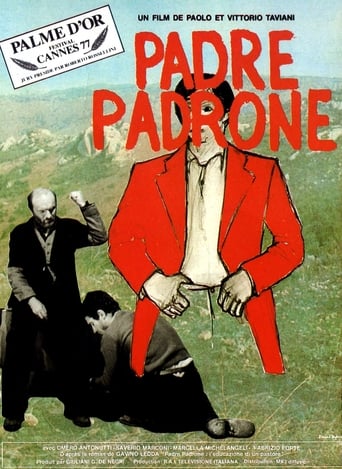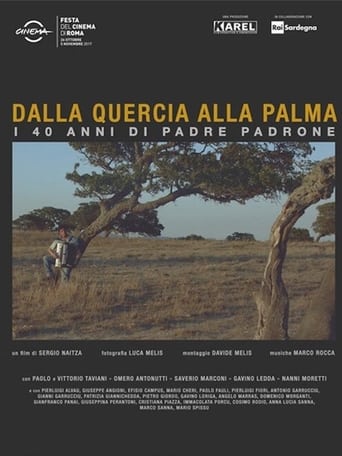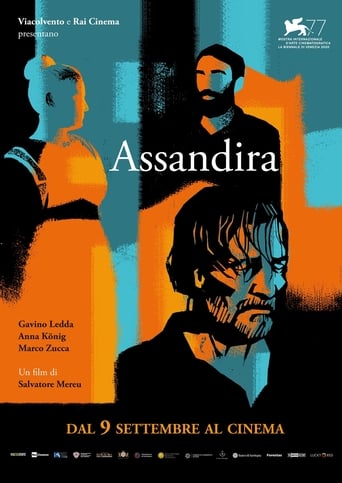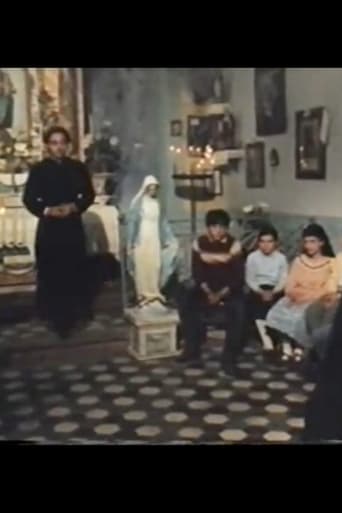Padre padrone
May 20, 1977Dans la Sardaigne profonde des années 1940, le petit Gavino ne peut aller à l'école que deux mois par an ; le reste de l'année, il doit aider son père à garder les animaux. Il grandit ainsi dans l'isolement, loin de la société humaine. C'est grâce au service militaire à l'âge de 21 ans qu'il peut échapper à l'emprise de son père. Il apprend à lire, ce qui est pour lui une révélation (il deviendra linguiste), et en sortant de l'armée, il rejette le rapport de quasi-esclavage imposé par son père.
Drama



